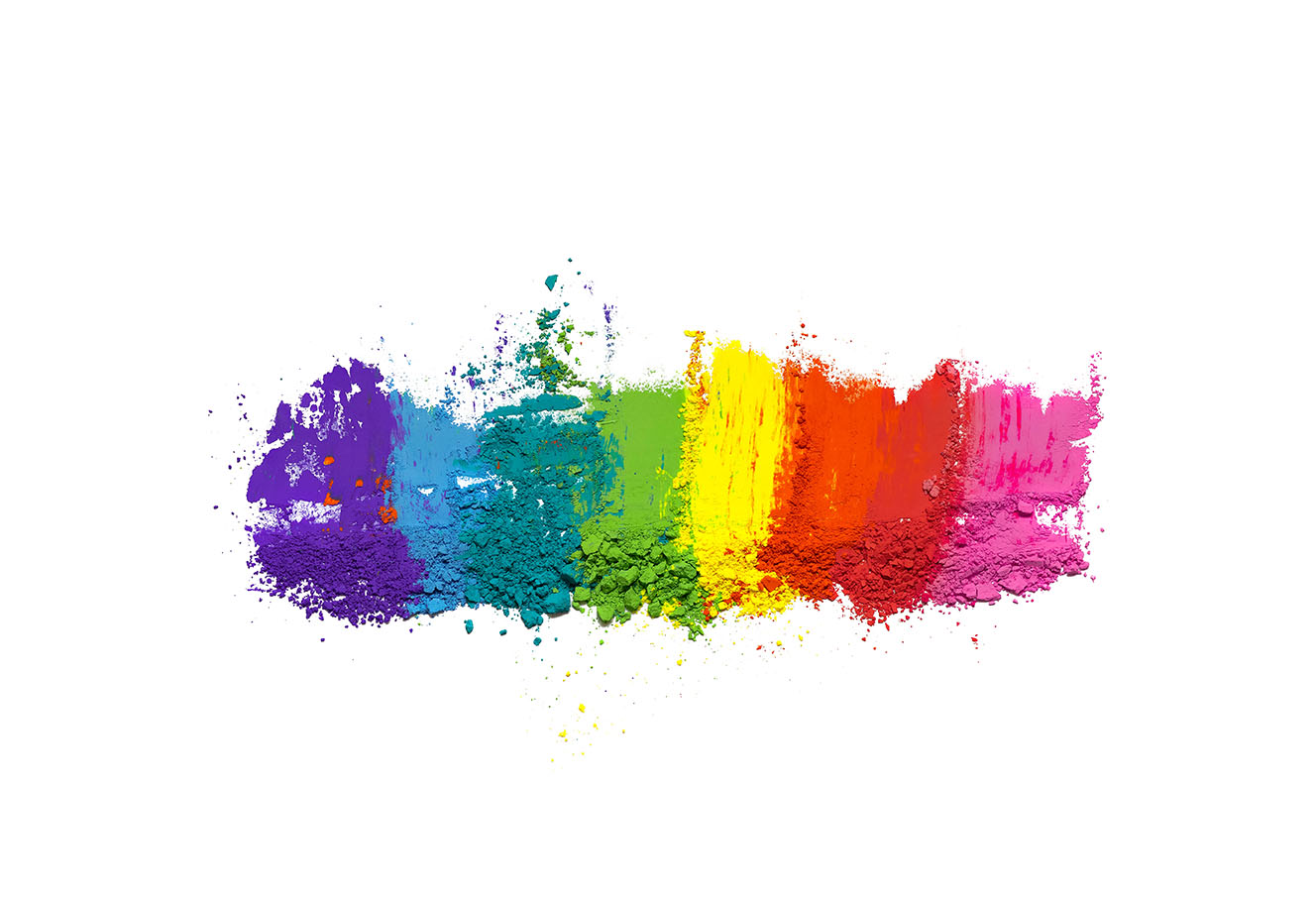

The pigment is a substance that gives colour to other materials. It is made up of tiny particles that absorb some wavelengths of light and reflect others. The reflected wavelengths are what we see as colour.
Here are some examples of pigments:
The artist used a variety of pigments to create the painting.

Noun:
Verb:
The word "pigment" comes from the Latin word "pigmentum", which also means "colouring matter".
The word "pigment" was first used in English in the 14th century. It was used to refer to any substance that could be used to give colour to something.
The root of the word "pigment" is the Latin word "pingere", which means "to paint". The word "pingere" is derived from the Proto-Indo-European root *peig-, which also means "to paint".
So, the word "pigment" literally means "something that is used to paint". This is a reference to the fact that pigments are used to give colour to things, such as paints, dyes, and cosmetics.
What is pigment?